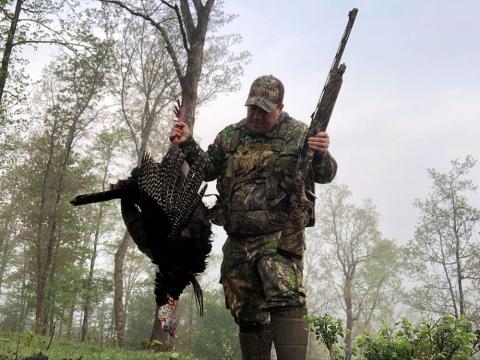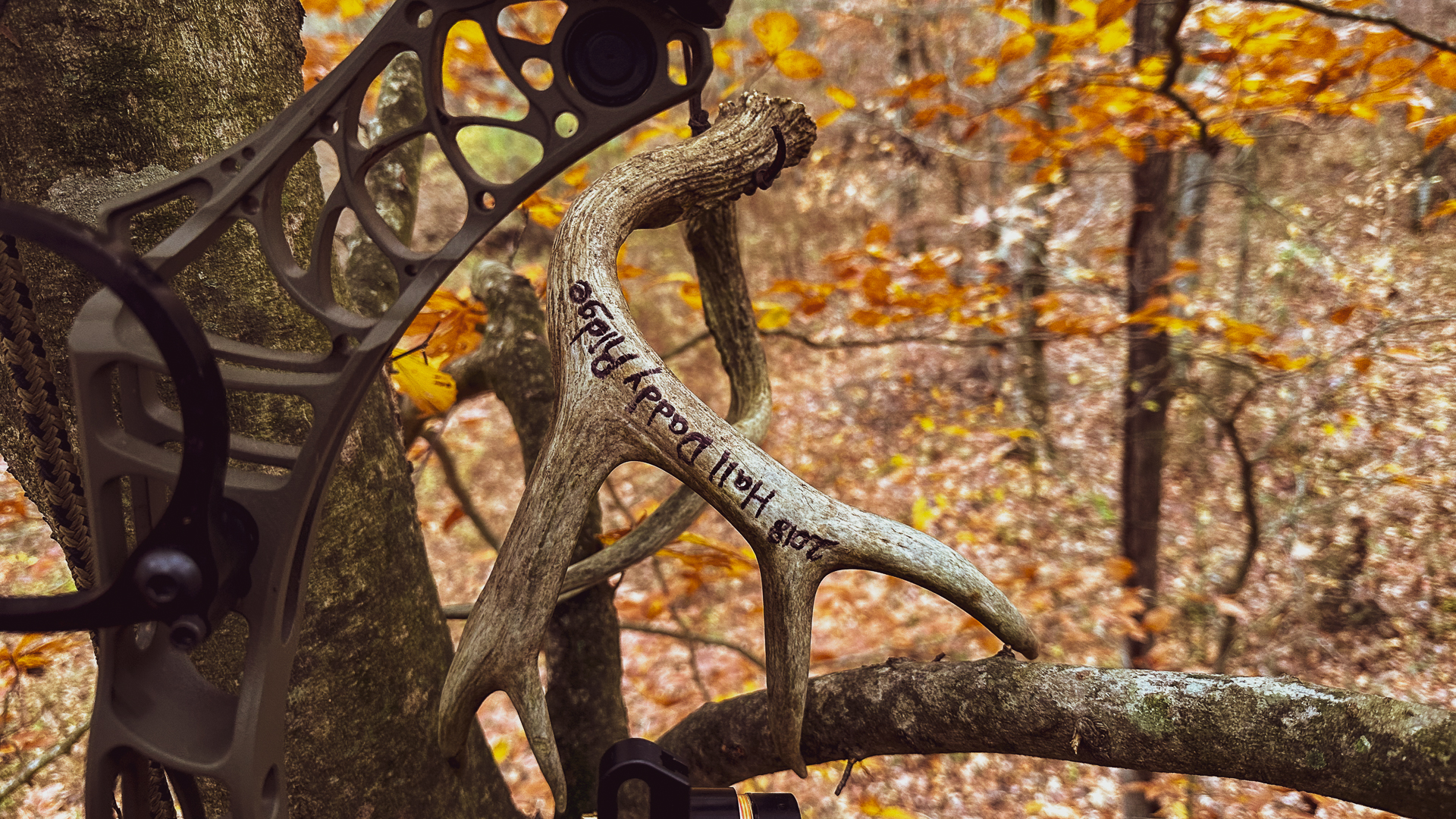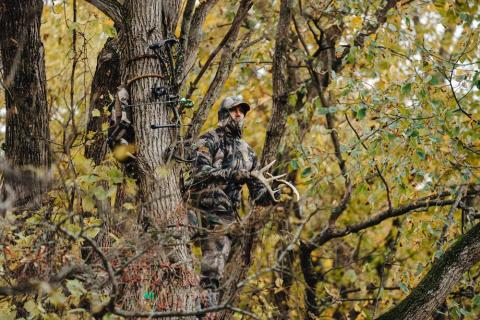Although “deplug” might not be in the dictionary, it’s become a trendy word for talking about disconnecting from technology. Camping may be popular, but a surprising number of people still bring their smartphones along and check their emails as much as the area’s cell service allows.
Deplugging allows you to fully enjoy the whole camping experience. Whether you’re camping with the family or heading out with your hunting buddies, separating yourself from technology as much as possible can clear your mind and let you live in the moment and appreciate your surroundings.

While it may be daunting to disconnect for a prolonged period, there are tremendous benefits to deplugging that can maximize your fun and skill-building time.
1. More Bonding Time
Camping is a fantastic way to bond with others, thanks to the amount of time you’ll have to share stories and catch up. You can focus on the immediate surroundings and each other. This is especially important if you’re hanging out with adults with full-time jobs who don’t usually have time for catching up.
Even though phones can be useful for showing photos from recent trips, reduce your phone interactions and gather around the campfire to tell stories, jokes and enjoy the simple pleasures of conversation.
2. Rest and Relaxation
Several studies have shown a link between enjoying the great outdoors and increased relaxation. These benefits may be more noticeable if you’ve recently been stressed-out about work, but anyone can benefit from a weekend of peace and quiet outdoors. Both the sounds of nature and the overall experience of being away from people may be soothing.
Switching off your electronics also removes the pressure to check emails and browse social media posts, allowing you to live in the moment and forget about work and home responsibilities.

3. Improve Your Skills
Instead of wasting time on your phone, you can spend your time outdoors focusing on acquiring a new skill. Even if you don’t have a huge passion for survivalism and the outdoors, you may find picking up a new skill can be highly rewarding.
Fishing and hunting are two hobbies enjoyable and beneficial but require a lot of concentration, so it’s best to do them without the distraction of technology. If you’ve already mastered them, work on teaching new skills to one of your companions.
To reduce the temptation to cheat and use your smartphone for help, print out instructions for building campfires, identifying animal tracks, gutting a fish and other essential camping activities. Keep them in a large Ziploc bag in your backpack to protect them from the elements. While you’re at it, print out maps and write down the weather forecasts for each day of the trip to remove another potential distraction.

4. Worry-Free Mishaps
Camping is usually safe, but a sudden rainstorm or minor fall can damage electronics. Although cell phone screens have improved in recent years, it’s best not to take any risks. Accidentally falling and getting covered in mud is a lot less stressful if you’re not fumbling around to check on your phone.
It’s wise to have a cell phone or satellite phone in your bag in case of an actual emergency. However, this phone should be kept in a plastic bag and powered off unless you need it. Consider bundling it inside a shirt or a padded bag to give it further protection from impact.
5. Less Competition
One of the downsides of social media is it always leaves us searching for more “likes” and comments. Taking photos of your camping trip isn’t always necessary, and worrying about filters and cropping can take away from the moment.
If you want to take photos, consider using a disposable camera or an old smartphone that no longer has service. Although disposable cameras are somewhat dated, they have surprisingly good picture quality. They will usually include a CD of your photos when you get them developed so you can upload your pics to social media when you return. You can also use your emergency phone for group photos at the beginning and end of your trip.
You can bend the technology-free aspect of deplugging by bringing an inexpensive digital camera. This will keep you from getting distracted by social media and email but still allow you to store memories for later.

6. Better Adventures
By leaving technology behind, you can focus more on the adventures to be had. Even if bad weather strikes, camping in the rain is easier than it looks and can be a great story to tell later. You can learn a lot from the world around you and your camping buddies’ experiences as long as you’re paying attention to them.
Without your phone in hand, you’ll be able to traverse rougher trails, wade through rivers and commit to making the most of the trip. As long as you are prepared with a family camping checklist, you’ll be able to make the most of each adventure and plunge ahead on new trails.
How to Deplug
Deplugging becomes a lot easier if you tell your friends and family you’ll be off the grid ahead of time. Letting people know you won’t answer texts, emails or social media messages can keep people from worrying about you. It will also keep you from feeling obligated to check messages since you’ll know people should be able to hold off for a few days.
If it helps, turn on a vacation autoresponder for your emails and give a loved one the password for your social media account in case of an emergency. Once you’ve done this, commit to not making any posts or sending any messages until you get back, unless an emergency comes up.
Prepare for a Deplugged Adventure With Mossy Oak
You can make sure you’re ready to deplug by ensuring your gear is comfortable and robust enough to hold up in any conditions. Mossy Oak has a full selection of apparel in our store and plenty of information on the outdoors in our educational blog series to keep you in the loop year-round. Whether you’re deplugging completely or are taking a more casual approach to your trip, count on us for the best in hunting and camping apparel to keep you safe and comfortable on your outdoor adventures.






























